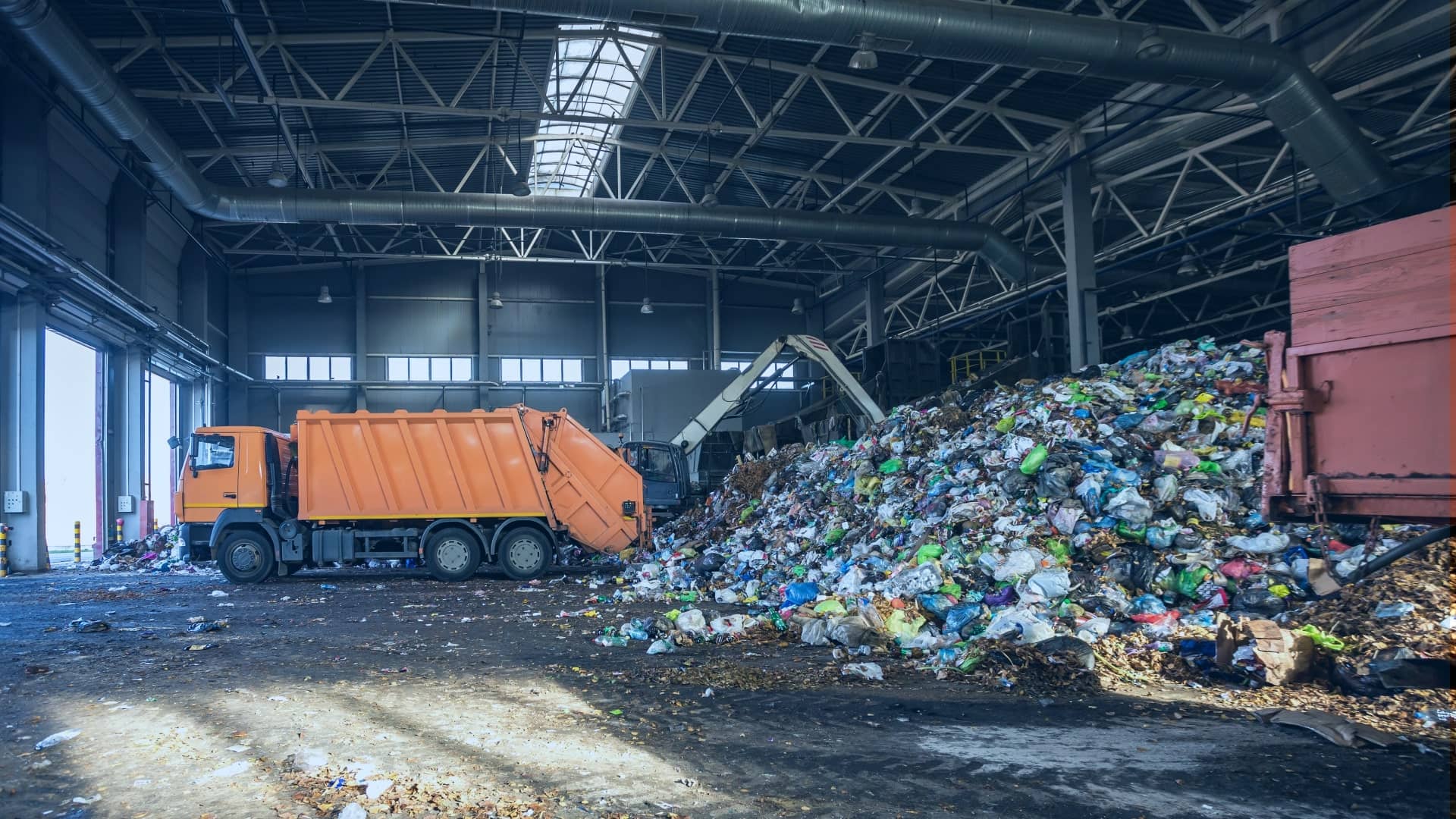Not known Facts About Reclaim Waste
Wiki Article
Some Known Questions About Reclaim Waste.
Table of ContentsThe Best Guide To Reclaim WasteGetting The Reclaim Waste To WorkThe 45-Second Trick For Reclaim WasteThe Main Principles Of Reclaim Waste The smart Trick of Reclaim Waste That Nobody is Talking About
With appropriate fluid waste management, firms can decrease energy-intensive treatment procedures and disposal prices. By adhering to a system for taking care of fluid waste, companies can prevent pricey fines and penalties and stay clear of negative publicity.(https://blogfreely.net/reclaimwaste1/yc311a58b1)Gather depictive samples from various points within the waste stream to ensure accuracy. Liquid waste, especially dangerous ones, presents substantial dangers throughout this step.

is required when the effluent will be reused or released right into metropolitan pools. Disinfection (e.g., chlorination, ultraviolet light, ozonation) and nutrient removal (e.g., denitrification and phosphorus eradication) are recommended under strict policies. This stage at the same time is strictly managed because it is when most threats happen. Many business violated several fluid waste disposal laws in the last few years.
The 15-Second Trick For Reclaim Waste

Superficial containers contain liquid waste that is allowed to evaporate through natural procedures. This kind of disposal is subject to stringent environmental laws due to potentially dangerous emissions.
The findings need to be documented, analyzed, and saved not simply for submission to regulative authorities but additionally for making improvements in the future. Share details with relevant stakeholders (e.g., staff members, regulatory government firms, and neighboring neighborhoods) to keep openness and responsibility.
Comprehending these can help them efficiently manage their operations and minimize their ecological impact. Business that can't invest in centers must consider working together with the public industry for better remedies.
Reclaim Waste Can Be Fun For Anyone
By applying comprehensive monitoring systems that include treatment and recycling strategies, normal surveillance, risk imp source analyses, and adherence to regional and government regulations, commercial facilities can add to the protection of groundwater products, guaranteeing their schedule for future generations (liquid waste disposal melbourne). Let's look into the relevance of efficient fluid waste management in the commercial field, concentrating on its implications for safeguarding groundwater sourcesThe pollution of groundwater resources as a result of improper liquid waste monitoring in the commercial sector has far-reaching repercussions for human wellness, agriculture, and the setting overall. A few of the prospective impacts triggered by such pollution consist of: Polluted Drinking Water Materials: As groundwater supplies a substantial part of our alcohol consumption water, air pollution from commercial activities can bring about hazardous chemicals and microbes entering our water supply, posturing health threats for people.
Reduced Agricultural Efficiency: Farming relies heavily on groundwater for watering; therefore, polluted water can prevent crop yields, contaminate farming products, and influence food safety. Offered the significance of maintaining groundwater sources, it is critical for companies to take an aggressive position in managing their liquid waste properly and preventing air pollution.
Getting The Reclaim Waste To Work
Liquid waste can contaminate land and contaminate waters. Under the Defense of the Setting Workflow Act 1997, businesses that create liquid waste are called for to manage it in a manner that protects the environment and the neighborhood. Details concerning handling and storing liquid waste, responding to spills and reducing fluid waste is available in the adhering to truth sheets and assistance:.
Water, the significance of life, is under continuous threat from contamination. The role of waste administration specialists in safeguarding this valuable source can not be overstated. Their services consist of: Sewage-disposal tank and oil trap cleansing: Important for preventing unsafe contaminants from entering our water supply. Polluted water and contaminated effluent management: Guaranteeing that dangerous liquids are safely gotten rid of and treated before they can damage our water resources.
Hence, incorporating sustainable fluid waste monitoring into financial preparation boosts financial security and secures the atmosphere, showing the value of this strategy. Finally, taking on professional liquid waste management techniques is important for ensuring a lasting future, safeguarding our atmosphere and securing the well-being of future generations - industrial wastewater treatment. At E&E Waste, we are committed to fostering a better tomorrow with responsible actions today.
When it pertains to disposing of waste, adhering to correct treatments is important for a plethora of factors. Proper waste disposal is not almost cleanliness; it has to do with making certain the well-being of our setting, health and wellness, and the reliable use sources. Understanding the value of efficient waste administration can help us all add to a much healthier, cleaner earth.
The Only Guide for Reclaim Waste
Effective waste administration helps maintain tidy streets and public spaces, minimizing the aesthetic influence of clutter and making certain that waste does not harm wild animals. When waste is not thrown away correctly, it can lead to contamination, where hazardous substances can seep right into the soil, water supply, and the air, developing lasting environmental troubles.Report this wiki page